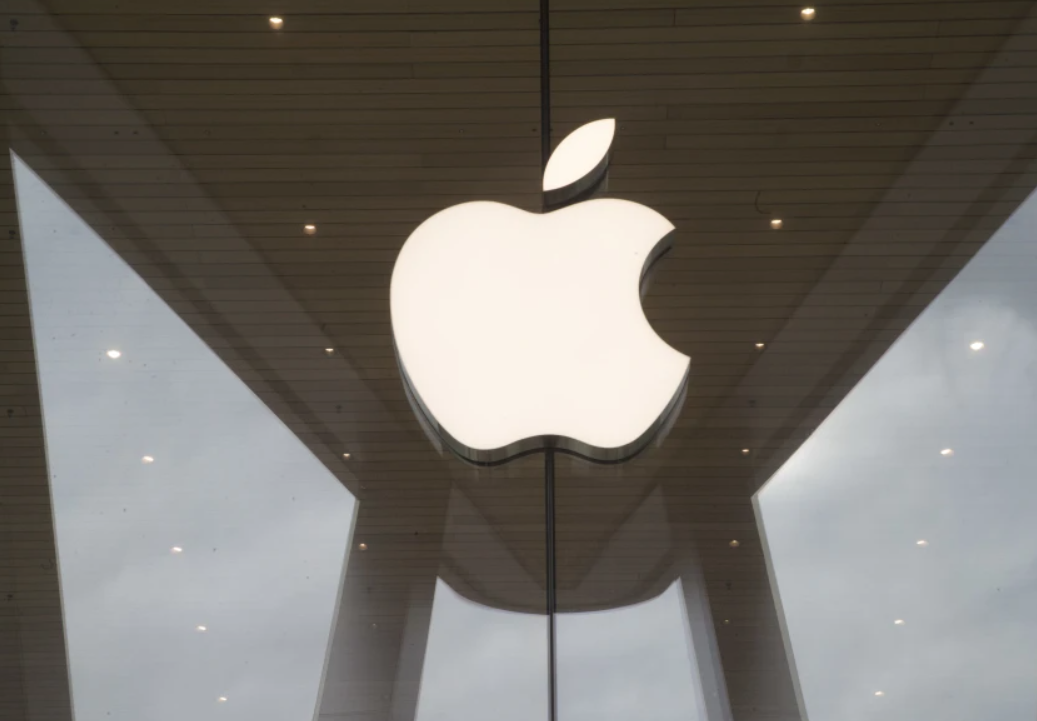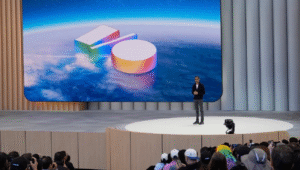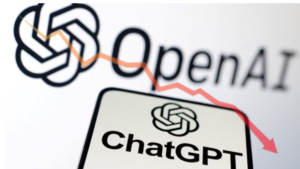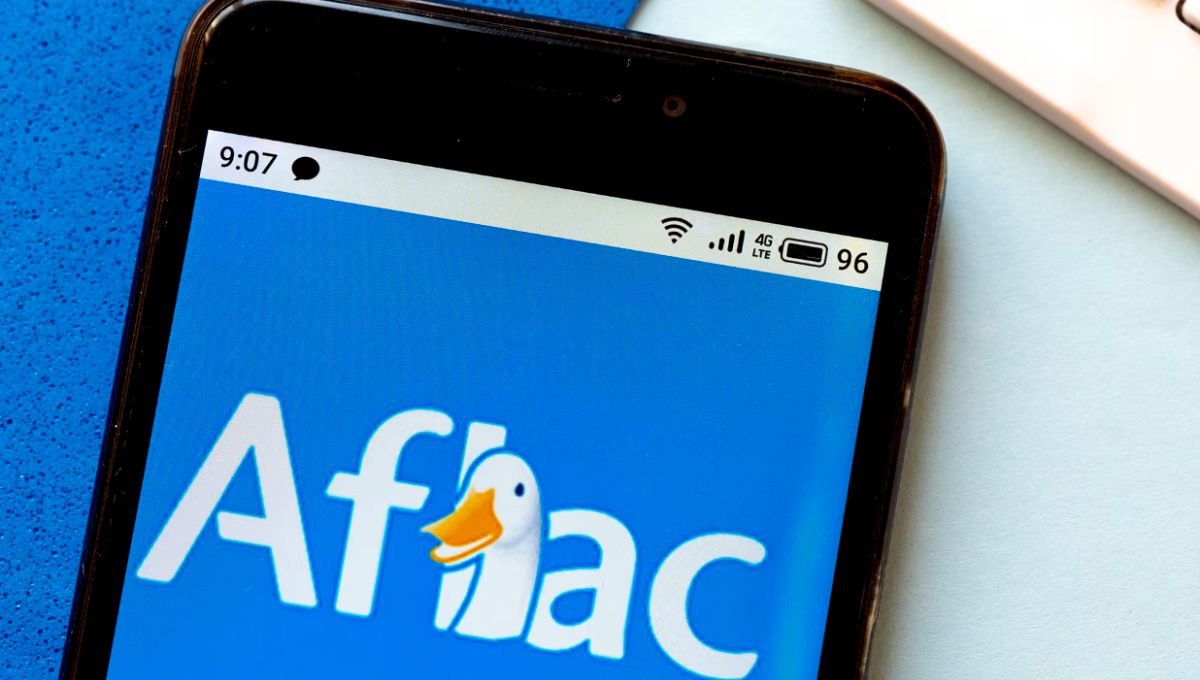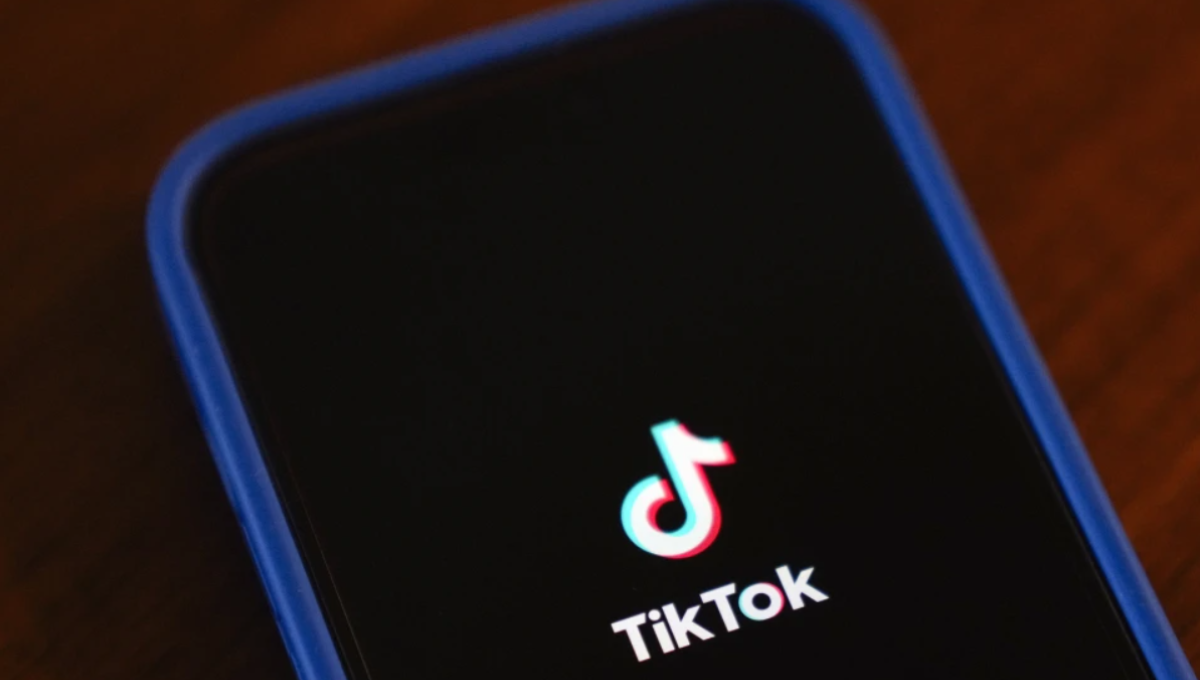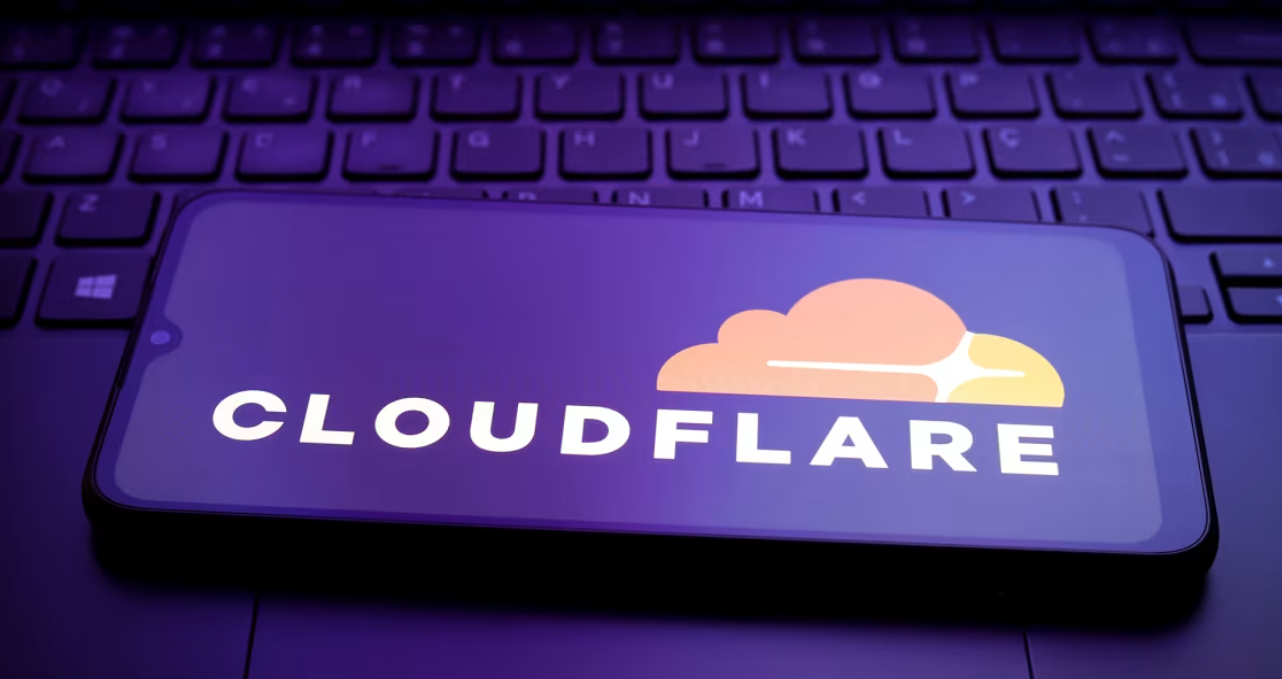After a slow start in the race to capitalize on artificial intelligence, Apple aimed to refocus at its annual Worldwide Developers Conference (WWDC) held Monday at its Silicon Valley headquarters. Unlike the excitement that marked the event in recent years, this year’s gathering was more subdued, attracting thousands of developers from nearly 60 countries.
Last year, Apple made its first significant AI push with a revamped Siri, promising a smarter and more capable virtual assistant. In 2023, the company introduced its mixed-reality Vision Pro headset, which has so far found a niche audience rather than mass appeal. Apple’s planned upgrades for Siri had been viewed as a key step for the company to assert itself in the AI space, which has largely been driven by competitors like OpenAI, Google, Microsoft, and various startups.
Craig Federighi, Apple’s senior software executive, acknowledged that the Siri improvements “needed more time to reach our high-quality bar” during his opening remarks at the conference.
This year, instead of unveiling flashy new products, Apple focused on a major overhaul of its software, described as the most extensive update to the iPhone’s operating system in a decade. Federighi highlighted efforts to better optimize software with Apple’s advanced chips and to improve the user experience when switching between iPhones, iPads, and Macs.
Industry analysts see Apple’s slower AI progress not as a sign of defeat but as part of a longer journey. Thomas Husson of Forrester Research called the AI race “more of a marathon than a sprint,” noting that Apple still has time to evolve its operating systems to compete effectively.
Among the notable changes, Apple will adopt a new naming system for its iPhone operating system. Instead of continuing with iOS 19, the upcoming update this fall will be called iOS 26, aligning with the model year convention common in the auto industry.
The iOS 26 update is expected to debut around September alongside the release of new iPhone models.
Apple also previewed AI enhancements designed to simplify users’ lives and make devices more intuitive, but it opened the conference with a video of Federighi driving a Formula 1 race car—a promotional tie-in with an upcoming Apple film. This racing metaphor might also reflect Apple’s challenge to catch up in the fast-moving AI field.
While some AI features compatible with the latest iPhones have begun rolling out through software updates, Apple has yet to deliver on the full Siri upgrade it promised last year. The delays led Apple to pull back from heavily promoting Siri in its AI campaigns earlier this year.
Apple CEO Tim Cook recently told analysts that although progress is slower than hoped, the company remains “extremely excited” to launch more personalized Siri features soon.
Meanwhile, competitors continue pushing ahead. Google is integrating AI more deeply into its Pixel smartphones and search engine, while Samsung is increasing its AI investments. Additionally, ChatGPT has brought on former Apple design chief Jony Ive to help develop a new device set to rival the iPhone.
Forrester analyst Dipanjan Chatterjee posed a question that lingers beneath the excitement for new iPhone updates: “What’s the next great thing after the iPhone?”
Apple’s challenges extend beyond innovation. It faces mounting regulatory pressures that could significantly impact revenue streams funding its research and development. A federal judge is considering remedies to curb Google’s search monopoly that might include banning lucrative deals worth $20 billion a year with Apple. Another judge recently blocked Apple from collecting commissions on certain in-app transactions, affecting its revenue model.
The ongoing trade conflict between the U.S. and China also looms large. China remains a critical manufacturing hub for Apple’s products. While CEO Cook secured tariff exemptions for the iPhone during the first Trump administration, the second term has been less accommodating, with renewed pressure for Apple to shift production to the U.S.
According to Husson, “The trade war and tariff uncertainty are a bigger concern for Apple’s business today than perceptions of falling behind in AI innovation.”
All these factors have unsettled investors. Apple’s stock has dropped nearly 20% this year, wiping out about $750 billion in market value. Once the world’s most valuable company, Apple now ranks third behind Microsoft—another AI powerhouse—and Nvidia, a leading AI chipmaker.
